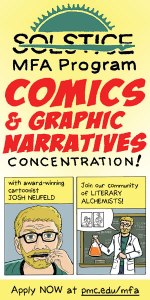 The Solstice Low-Residency MFA in Creative Writing Program at Pine Manor College is starting a graphic narratives concentration—and I’ve been hired as the first faculty member/mentor. I officially start this July.
The Solstice Low-Residency MFA in Creative Writing Program at Pine Manor College is starting a graphic narratives concentration—and I’ve been hired as the first faculty member/mentor. I officially start this July.
Comics are now being taught at almost every college and university in the country, and there are even a few other MFA programs out there. But Solstice is one of the first low-residency programs to offer an MFA in—pick your favorite term—cartooning/comics/graphic narratives/sequential art.
Here’s how Solstice describes the low-residency component:
Students are in residence on campus for ten days, twice a year, for a total of five residencies over two years. During the 10-day residencies, students and faculty gather on Pine Manor College’s lovely, wooded campus—a mere five miles from downtown Boston—and attend workshops, classes, panel discussions, and readings. At the end of the residency, each student is matched with a faculty mentor with whom he or she will work individually during the six-month semester to follow.
During that six-month semester, students study independently, sending “packets” of work to their mentor every month. The Pine Manor campus really is beautiful, and the program—run by Meg Kearney and Tanya Whiton—is both serious and welcoming. And the other faculty members are an impressive group.
I’m excited to help craft Solstice’s graphic narratives concentration. It’s ironic, because I personally have no degrees in comics or cartooning—only 25+ years of professional experience. When I was becoming a cartoonist there were no programs out there to guide me; my own development was intuitive, and heavily influenced by my favorite comics: Hergé’s Tintin and American superhero comics. Eventually, I came across a copy of Will Eisner’s Comics & Sequential Art, which was the first text I encountered that discussed the form of comics as a subject worthy of study. Later, I was heavily inspired by Scott McCloud’s seminal work, Understanding Comics. But as I evolved, a lot of what I had to do was un-learn a lot of bad habits I had picked up during my youth as an aspiring superhero artist: melodramatic facial expressions, distracting page layouts, and the like.
The most important skill I have developed in my adult years is writing for comics. Growing up, in my mind I artificially segmented the practice of comics into different jobs: writer, penciler, inker, letterer, etc.—because this assembly line system had been institutionalized by the big publishers to meet their monthly deadlines. Discovering the world of “alternative” and literary comics made me appreciate the role of CARTOONIST—a jack-of-all trades in the comics world. This is what I aspired to be as I learned to write—first with memoir and auto-bio comics and now with journalistic stories. (I continue to collaborate with writers on occasion, but that’s because I really enjoy the back-and-forth “mind-meld” that a good comics collaboration produces.) Yes, comics are an amalgam of words & pictures, but I firmly believe a good comic/graphic novel starts with a good story. In the end, the art serves the story.
So as developer of the Solstice graphic narratives concentration, and chief mentor to the students, I will stress writing as the foundation of our practice.
And at this point, my own teaching experience is fairly extensive. I was an Atlantic Center for the Arts Master Artist, where I worked with eight mid-career cartoonists on their nonfiction graphic novel projects. For a number of years I’ve taught week-long comics workshops at the Fine Arts Work Center summer program. And I’ve taught day-long comics workshops at universities, and for students in the U.S. and abroad (including my many foreign trips as a “comics cultural ambassador” for the U.S. State Dept.’s Speaker/Specialist program). I’ve taught comics workshops at the Society of Illustrators, and I’ve served as a thesis advisor for students at the Center for Cartoon Studies and Hunter College.
As part of the first residency, I’ll teach a single two-hour CCT (Craft, Criticism, and Theory) class, as well as lead daily three-hour workshops. As a teacher/mentor, what I most enjoy is helping cartoonists find their voice, identifying their strengths as writer/artists. Over the course of the two-year program, I’ll work closely with my students on their individual projects: a complete comics manuscript—and, of course, an MFA!
These will be the foundational texts of the graphic narratives concentration:
- Scott McCloud, Making Comics: Storytelling Secrets of Comics, Manga and Graphic Novels (William Morrow, 2006)
- Scott McCloud, Understanding Comics: The Invisible Art (William Morrow, 1994)
- Jessica Abel & Matt Madden, Drawing Words & Writing Pictures (First Second, 2008)
- Will Eisner, Comics & Sequential Art (Poorhouse Press, 1985)
- Ivan Brunetti, Cartooning: Philosophy & Practice (Yale University Press, 2011)
I’m really looking forward to getting this exciting new degree program off the ground. The growth I’ve seen—just over the course of my own career—in the appreciation of the comics form is truly astounding, and I’m excited to support the next great group of cartoonists in reaching their goals. The low-residency format is a great option for motivated, independent creators who can devote a few weeks a year to gathering together in bucolic Chestnut Hill, Massachusetts.
Check out the Solstice website for further details, including an interview with me about what’s in store. (Here’s an article about my coming on board with Solstice.)
If you’re a cartoonist aspiring to take your work to the next level, or know someone who would be interested, please think about applying. The application deadline for the summer 2016 residency/fall semester is April 15, 2016. I welcome cartoonists working in the realm of fiction or nonfiction—and everything in-between.

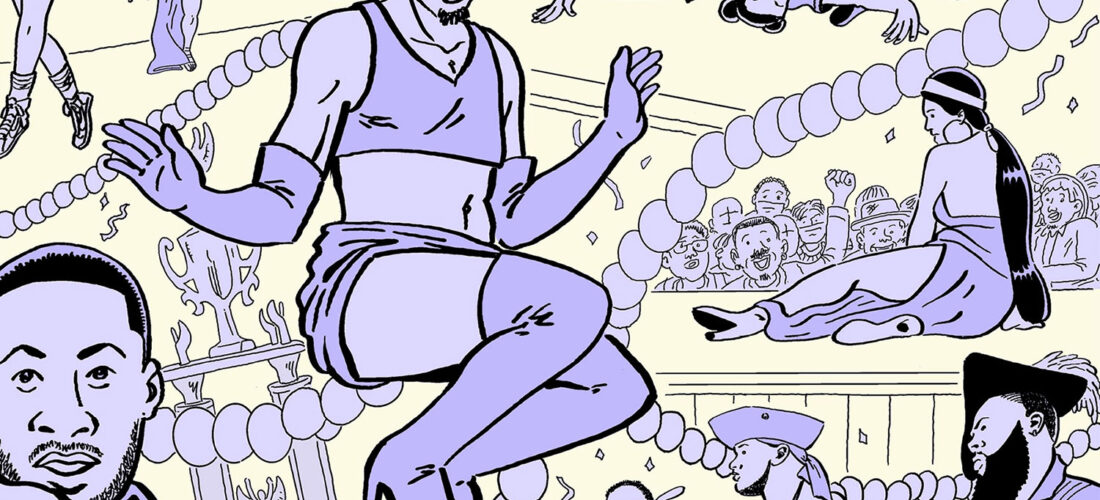
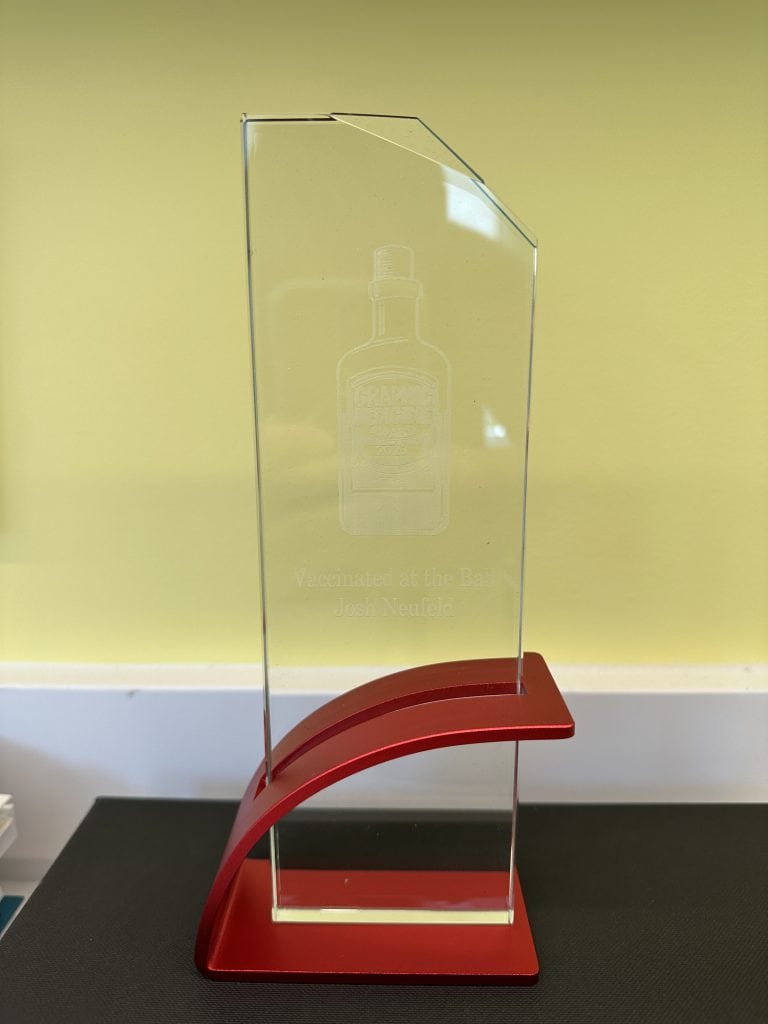

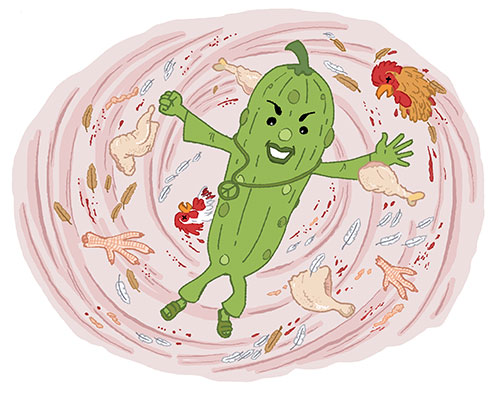
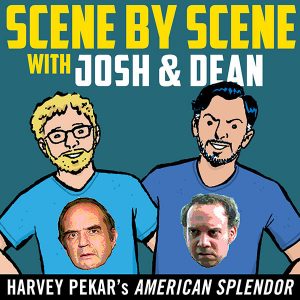
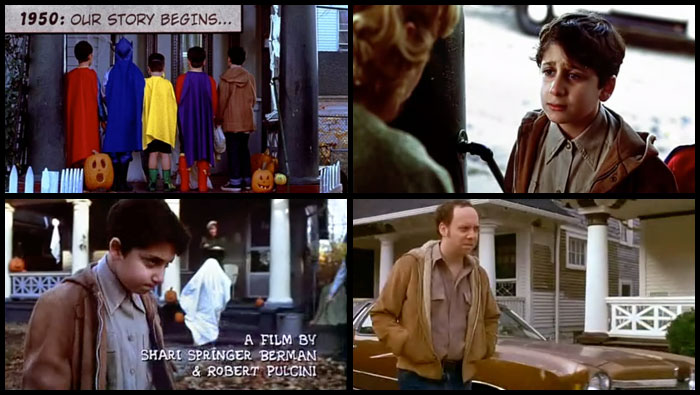
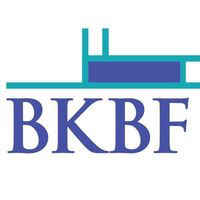 Sari
Sari At 3pm, Sari and I will run a multimedia flash fiction workshop, “Comics > Prose.” Flex your storytelling muscles as you write your own piece of flash fiction inspired by an original comic. One story created in the workshop will be published on the official FLASHed website! St. Francis College Workshop Room 4202, 180 Remsen St. [
At 3pm, Sari and I will run a multimedia flash fiction workshop, “Comics > Prose.” Flex your storytelling muscles as you write your own piece of flash fiction inspired by an original comic. One story created in the workshop will be published on the official FLASHed website! St. Francis College Workshop Room 4202, 180 Remsen St. [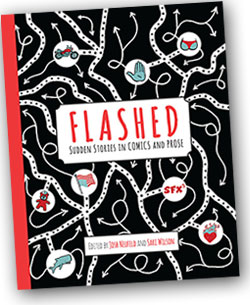



 This Saturday, I’ll be in the heart of Williamsburg at the 3rd annual edition of Pat Dorian’s
This Saturday, I’ll be in the heart of Williamsburg at the 3rd annual edition of Pat Dorian’s 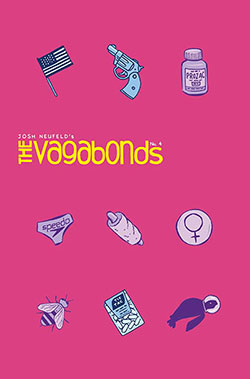 As for my own work, I will have copies of
As for my own work, I will have copies of